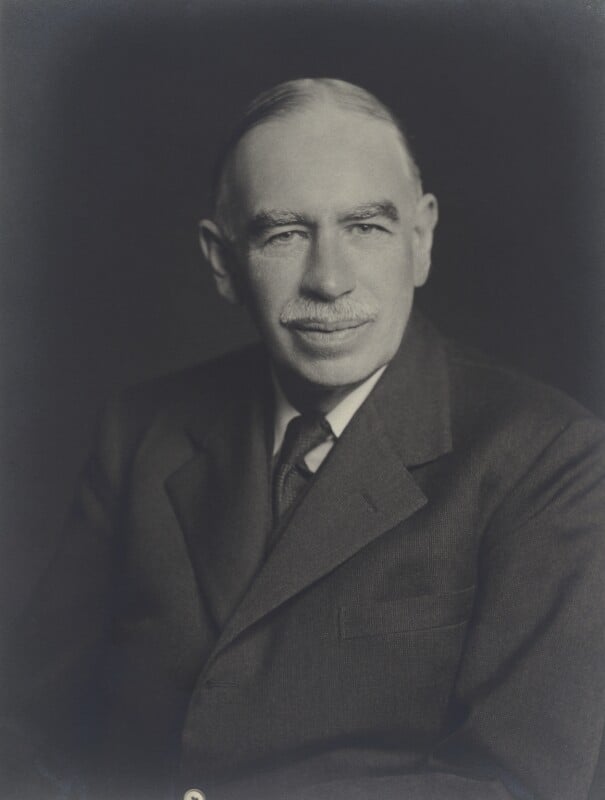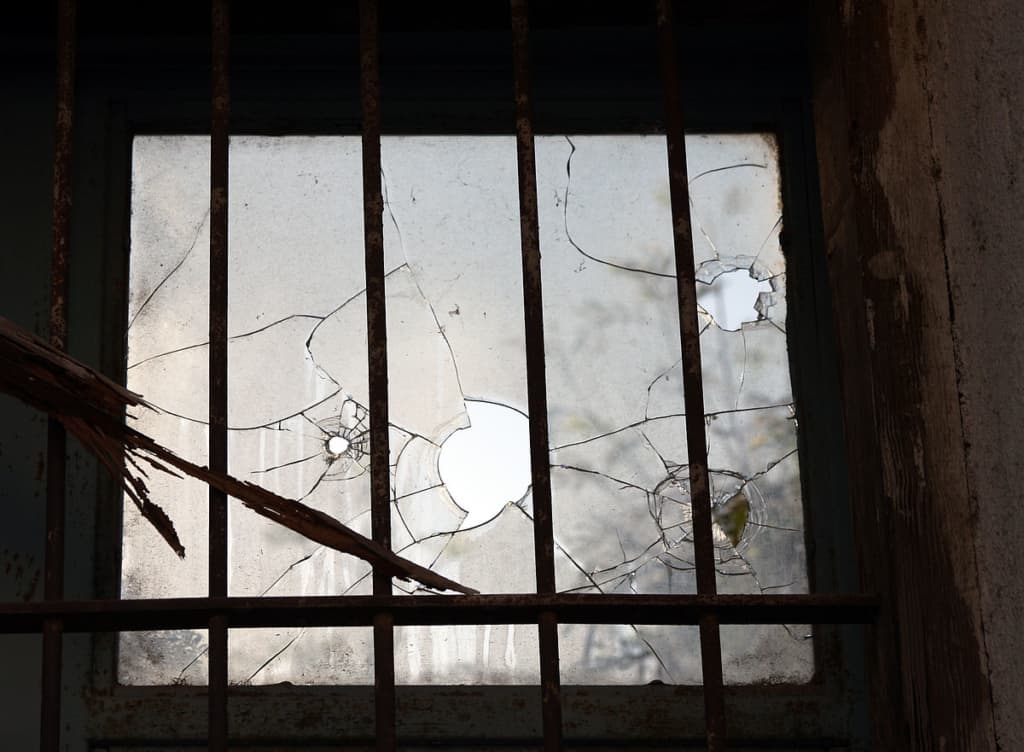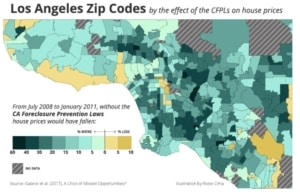Rod Dreher, the conservative Christian writer who blogs at American Conservative, published my “Pandemic Diary” this morning on his blog. (The New Yorker ran a great profile of Rod several years ago.)
Full text is here:
My wife works in a hospital, and there’s no sign of COVID-19 yet. She’s an occupational therapist in a cancer hospital, so it’s unlikely that she’ll be asked to treat any COVID-19 patients. They’re also doing their best to keep the hospital COVID-free, since the patients are medically fragile. Still, they don’t have enough N95 masks, and everyone at the hospital is under tremendous stress, as the hospital has been implementing difficult new procedures. What’s more, visitors have been disallowed — even for dying patients.
I’m now home alone with our two kids (2 and 5 years) for 11-12 hours a day. I normally thrive on my time with my kids, but it’s been a struggle. They miss their friends and their activities, and I’m the one that’s got to fill the hours now. How do I balance education and fun? Do I create a schedule? How much chaos am I willing to endure? Last week didn’t go so well.
I’m an author and consultant who often works from home, but last week I found it impossible to get any work done at all. The kids are just too demanding. My second book, which I’ve been working on for six years, comes out in May. In the last 10 days, the launch events have all been cancelled. It’s a huge, huge disappointment. The book will still get some attention — It was excerpted in Quillette back in January, and another excerpt will be published in Education Next in early May. (AmCon requested a review copy.) But, like all those high school seniors who will miss prom and graduation, it seems unlikely that I will experience the celebratory rituals that I was looking forward to.
That said, there are bigger things to worry about right now. I’m an older dad — just turned 50 — and it’s incredibly stressful to read accounts of patients in their 30s, 40s, and 50s being put on ventilators or even dying. I waited so long to be a dad, and our life has been so blissfully happy the last few years. I can hardly bear to think that all of it could be at risk. My family will be okay financially. But we have many family and friends who were already struggling. I wonder what may become of them if this gets really bad or if the shutdown lasts for months.
Over the weekend, with all of those thoughts rattling around in my brain, I had a panic attack. I woke up in the middle of the night with my heart pounding. It took me about three minutes to convince myself that I was having a heart attack, and I was just another few minutes away from telling my wife to call 911. But she kept her cool and talked me down — She knew right away what it was. It only lasted minutes, but it was terrifying. Never happened before.
But, since that night, things have been better. I decided to attack my new job. I get up every morning at 5:30 and get a couple hours of work in before my wife leaves for the hospital. I make a list of everything we’re going to do in the day — educational games, trips to the park, marathon reading sessions, meet-ups with their church friends on Zoom. During their nap, I cram another 90 minutes of work in. Last week I had my phone out the whole day, checking for COVID-19 updates constantly. This week, I’ve put it aside and only checked once or twice a day. I’m less informed but also less stressed.
And I’ve become a hyperactive Mr. Mom. If I let the house fall into chaos, I start to feel my stress levels rising. So I clean the house *all day long*. It sounds ridiculous, but it’s working. This is my new job, and I’m going to try to do it to the best of my abilities.



